There are two kinds of dramas airing on TV; those you can’t miss and those you can binge-watch. Mushk belongs to the former category because of the suspense it exudes, the thrill it sends to the audience’s spine, and the twists that aren’t from anywhere around here. With revenge joining the suspense and thrill as the main element of the plot, Mushk shocks and rocks at the same time. Writer Imran Ashraf displays his versatility as someone who can create stories from nothing, and pull out a credible plot from thin air, that would be good enough for the audience. Despite some minor issues, the last two episodes have been power-packed with enough material to keep your gray cells busy.
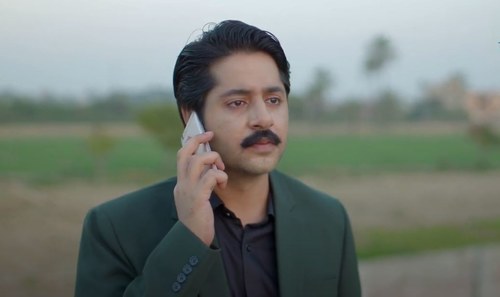
The Plot
Things go from bad to worse for Dada (Manzoor Qureshi) who has a heart attack after finding out that Roshni ran away with her lover. Adam (Imran Ashraf) steps in and takes him to the hospital, where he learns about Shayan’s emergence from captivity. With his engagement postponed, he decides to inform Mehek (Momal Sheikh) about her husband, not knowing that Shayan (Osama Tahir) is being taken back to his uncle Muqaddar Khan (Aehsun Talish) and will be blackmailed into marrying his minor daughter. As for Roshni, she evades the police, her pursuers, and even the railway management as she runs away from the village to the city with her lover Saqib (Raza Talish, and Chacha Ji aids them in the process without knowing the complete story.
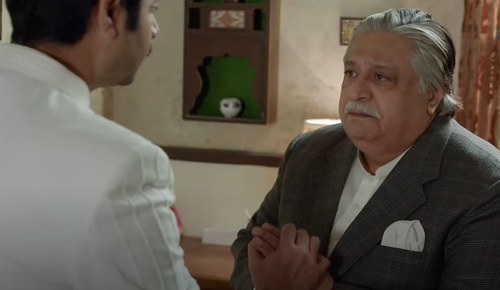
After Adam decides to pursue Roshni and Saqib, things begin to shape up; he not only finds out where they might be but also who might have helped them. He still hasn’t been able to discover Guddi’s (Urwa Hocane) hand in the escape, but he might considering he is on the right track. Mehek’s friend has a huge role to play in all this, ever since she found out that Dr. Rana (Raja Haider) and the Tayi (Zara Tareen) are slow poisoning the Taya. On the other hand, Shayan still has no clue how he will proceed after being backstabbed by the police. However, with Saqib’s backstory revealing more about him, and his quest for justice, things become all the more interesting, and filmi.
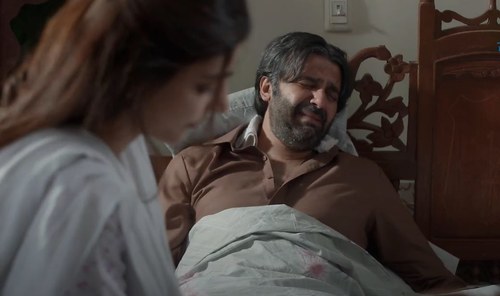
The Good
Usually our dramas have one or two major actors playing the main lead, carrying the drama on their shoulders and overshadowing others in the process. In Mushk, every character has its own importance and each actor has brought his or her own flavor to the screen. Imran Ashraf’s Adam is stuck between helping his patron and the love of his life Mehek, Momal Sheikh’s Mehek who married her boyfriend lost him after she became a mother and wants to know his whereabouts, Urwa Hocane’ Guddi has gone too far in collecting money and destabilizing her employer, Manzoor Qureshi’s Dada is shocked because the granddaughter he didn’t suspect ran away, Hassan Ahmed’s Taya is both evil and helpless at the same time, Zaya Tareen’s Tayi lives with an invalid husband, couldn’t keep her daughter away from her lover, and finds solace in the company of Doctor Rana, who falls for everything that’s beautiful and willing. Then there is the runaway bride played to perfection by Seher Khan while Osama Tahir’s Shayan is undecided how to proceed; he can’t marry his cousin because he is already married and if he doesn’t marry her, his sister will become a divorcee.
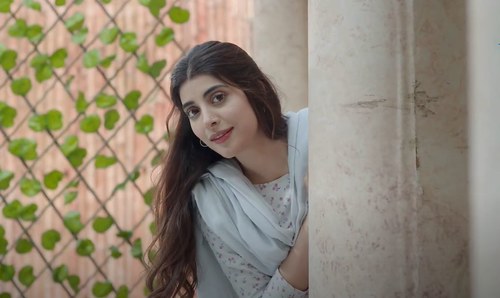
Each actor fits the character he or she has been assigned, every dialogue delivered seems to have been spoken by that very character instead of the writer (as it happens in other writer’s dramas) and despite limited screen presence, Qavi Khan’s Coolie looks nothing short of a driving force. The credit must be given to Imran Ashraf for coming up with such diverse characters, and director Aehsun Talish for executing them to perfection. One must also mention the powerful performance of the actor who played Saqib’s young version in the flashback – that stare had far more power than all of adult Saqib’s expressions so far in the drama!
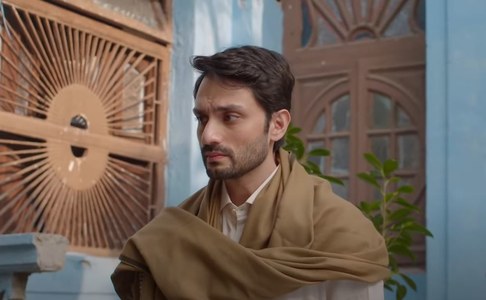
The Bad
Manzoor Qureshi’s Dada has a stroke or an attack every now and then, and it now looks comical than serious just like it used to in yesteryear films. Also, it seems Shayan’s mother lived with her brother otherwise, Shayan would have had a home where he could live with his sister who married their uncle’s henchman, and who threatens to leave her if Shayan doesn’t do his bidding. The ‘bride’ in question doesn’t even look like the daughter of Muqaddar Khan or his wife and they could have used an actress with whom the audience could have sympathized. Also, the police were shown in the bad light and while plays like Andhera Ujala, Janbaaz, and Waqt tried to show their positive side, showing them as ‘brother in arms’ with the villain could have been avoided.
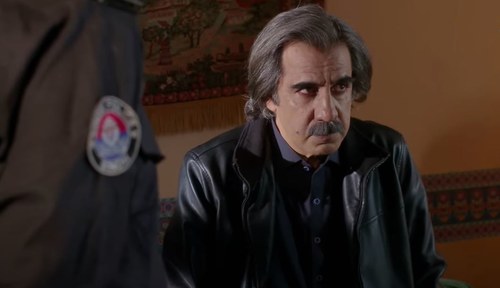
And then there was the runaway bride scenario – why was the Angry Young Man Saqib smiling all the time, when he should have been cautious, serious, and alert. He was running away with the granddaughter of the most powerful man in the area, yet he had all the time in the world to share a motel room with her, hide with her in the Coolie’s room and then leave the railway station and catch the bus to Karachi without being detected. As a viewer, my blood pressure boiled when they were shown to share the motel room and most of the scenes and dialogues after that seemed muted (pun intended!). On one hand, HUM TV blurs blood and censors attempted suicide scenes while on the other shows an unmarried couple sharing a room together. The team must be more vigilant when it comes to such sequences because they send wrong signals to the audience.
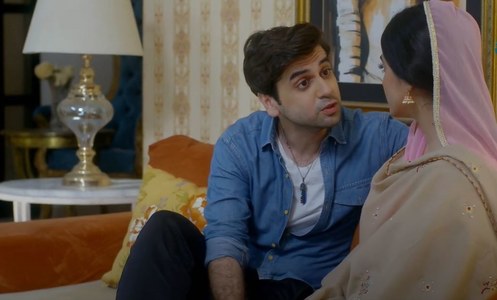
The Verdict – Why wasn’t Mushk made into a film!
Despite having most qualities of a feature-length film, Mushk was made into a weekly drama that survived competition from rival channel’s best efforts, and a switch in timings. Why it wasn’t made into a film is a million-dollar question – Mehek and Adam’s love could have been shown as a platonic relationship, followed by Shayan’s entry and disappearance, and Saqib’s deception could have been the film’s interval. The dialogues are so powerful that they could have been used as verbal punches, and their right place is the theatre, not TV. How things unveil from there onwards would have kept the audience’s interest alive and since the play is on TV, they have to be content with the weekly format. After Yeh Dil Mera, and now Mushk, Aehsun Talish has proved that he is ready for a film debut as a director, and the sooner he crosses over to the bigger screen the better. Who knows he might create a spectacle like Mushk for films, provided Imran Ashraf writes and acts, and their chemistry manages to find the formula that has been so successful on TV.
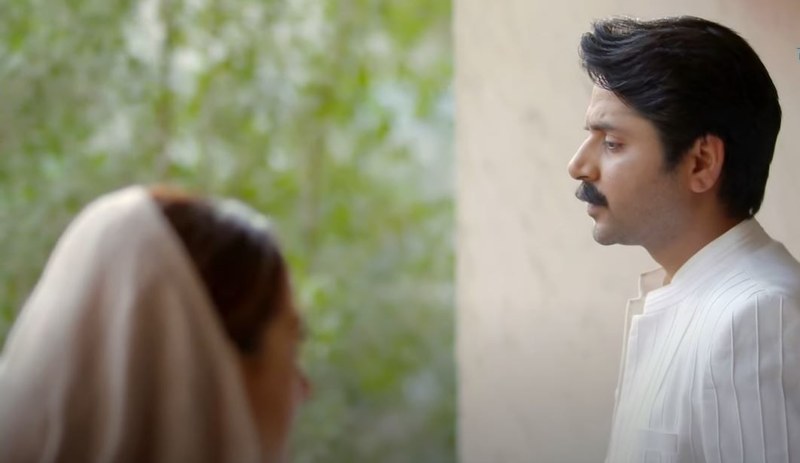
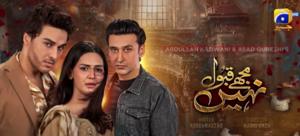


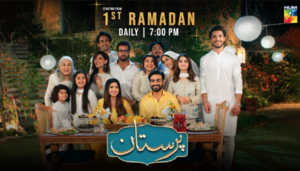
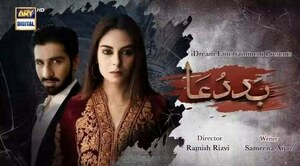




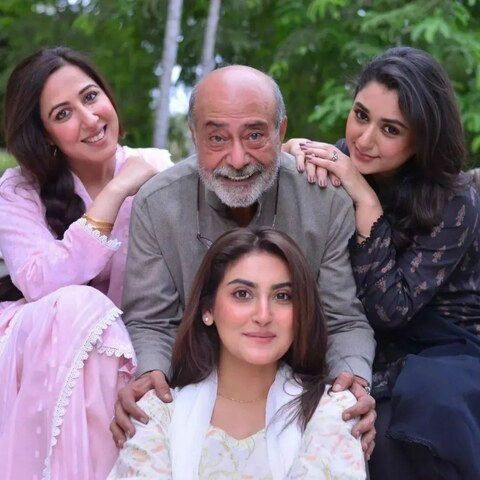


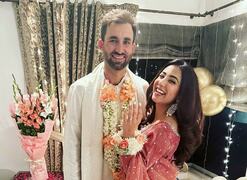
What do you think